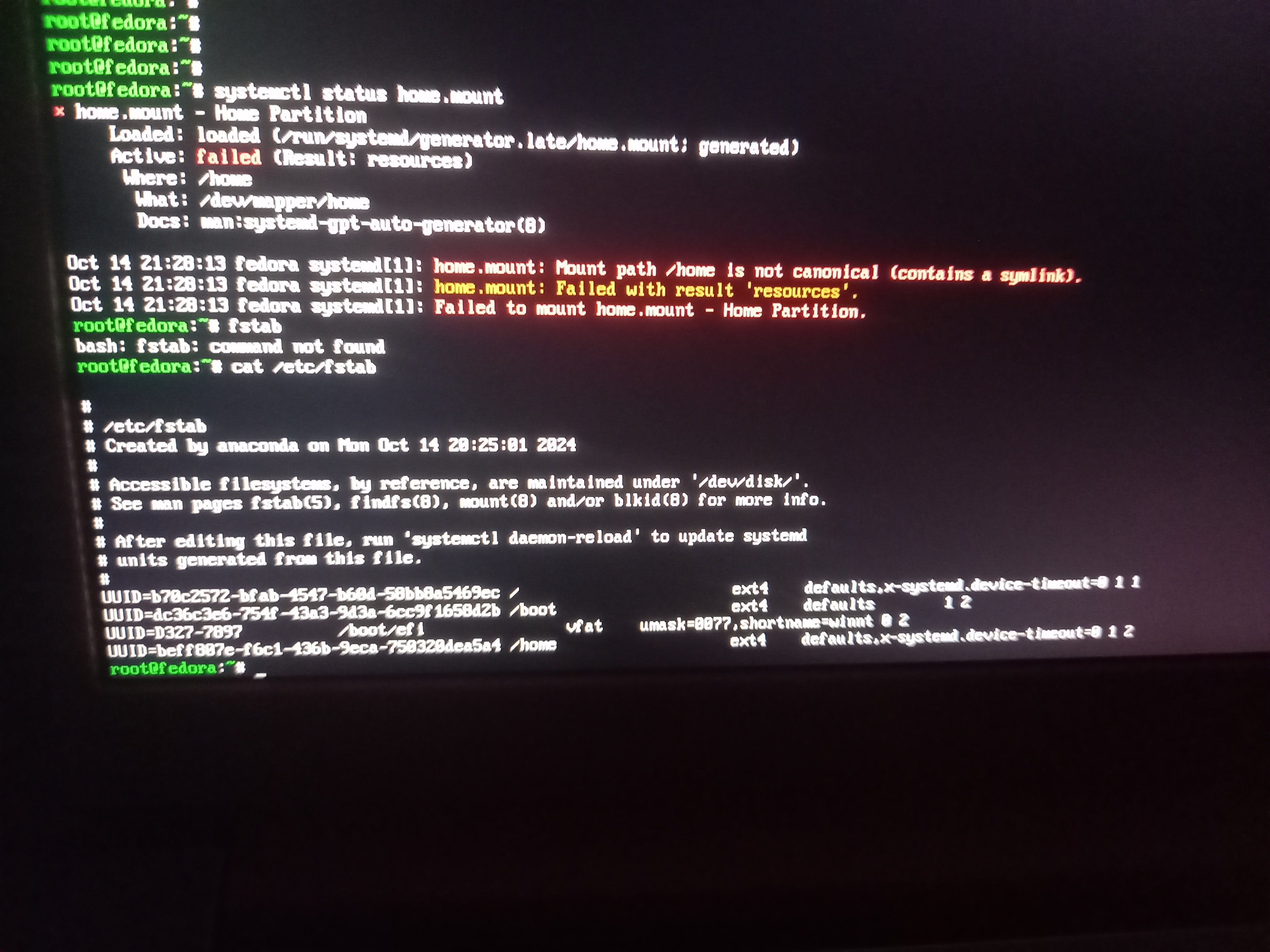this post was submitted on 14 Oct 2024
61 points (98.4% liked)
Linux
55918 readers
415 users here now
From Wikipedia, the free encyclopedia
Linux is a family of open source Unix-like operating systems based on the Linux kernel, an operating system kernel first released on September 17, 1991 by Linus Torvalds. Linux is typically packaged in a Linux distribution (or distro for short).
Distributions include the Linux kernel and supporting system software and libraries, many of which are provided by the GNU Project. Many Linux distributions use the word "Linux" in their name, but the Free Software Foundation uses the name GNU/Linux to emphasize the importance of GNU software, causing some controversy.
Rules
- Posts must be relevant to operating systems running the Linux kernel. GNU/Linux or otherwise.
- No misinformation
- No NSFW content
- No hate speech, bigotry, etc
Related Communities
Community icon by Alpár-Etele Méder, licensed under CC BY 3.0
founded 6 years ago
MODERATORS
you are viewing a single comment's thread
view the rest of the comments
view the rest of the comments

Isn't the default filesystem btrfs? Why did you go with ext4
@possiblylinux127 @evasync I can't speak for them, but I've had btrfs blow up in ways I could not fix. I didn't just lose a file but the entire file system. I have NEVER had this happen in many years with ext4.
Was that in the last 5 years? If it was btrfs is now far more stable. It has never blown up for me and it has in fact saved my data a few times.
@possiblylinux127 It was this year. Glad it's working for you. I'll stick with what works for me and has provided adequate performance for years.
I've only had this happen once and it turned out it was because my ram was shitting out errors that were saved to disk so it ended up not being btrfs's fault
NixOS and ext4 user here with no problems. Care to elaborate?
Seems like this can be prevented from reaching that point by properly deleting old generations regularly though right?
20 or 30 generations 😹
I have space for 1 😭
Edit: you've got me worried now, is the behavior you're referring to normal running out of inodes behavior or some sort of bug? Is this specific to ext4 or does it also affect btrfs nix stores?
I've run across the information that ext4 can be created with extra inodes but cannot add inodes to an existing filesystem.
Thank you for providing the quote!!
Lol same thing happened to me about 6 months ago. Overheating and/or a failing M2 and system corruption. btrfs got weird and troubleshooting only made it worse.